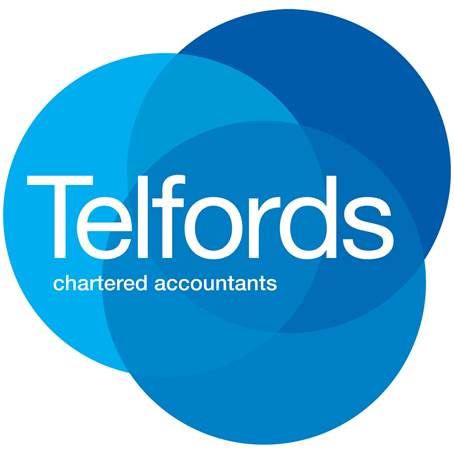Construction Industry VAT Reverse Charge
What is the Construction Industry VAT reverse charge?
If your business operates in the Construction Industry Scheme (CIS) and you’re vat registered, you need to be aware of vat changes scheduled to be introduced on 1 March 2021 which may affect your business.
The new rules will affect how vat is accounted for.
What is the VAT reverse charge?
The CIS VAT reverse charge means that the end customer pays the VAT to HMRC instead of the supplier of the construction services.
How do we use the new VAT reverse charge rules?
This depends where you are in the supply chain, if you are:
- A subcontractor providing services to another subcontractor, then the reverse charge applies, and no vat is charged
- A subcontractor providing services to the main contractor, then the reverse charge applies, and no vat is charged
- A main contractor providing services to the end customer, then vat is charged at the normal rate
How do I know who the end customer is?
The clients you work for, who will be affected by the reverse charge should confirm to you their status. If they don’t contact you to do this, you need to contact them to confirm this.
You should then state on your invoice that it is subject to the reverse charge, and not include vat.
What if our work is zero rated already?
If you’re involved in work which qualifies to be zero rated (e.g. new build housing) then the reverse charge does not apply.
What about CIS deductions?
If your work is subject to CIS deductions (either 20% or 30%) then the reverse charge is applied to the whole invoice value. Supplies which are subject to CIS (e.g. labour) as well as supplies which aren’t (e.g. materials).
How will the VAT reverse charge affect me?
If your supply to your customer falls with CIS, and
- your supply is standard (20%) or reduced (5%) rated, and
- your customer is vat registered, and
- your customer is registered for CIS, and
- your customer isn’t the end client/customer,
Then the reverse charge applies.
If you answer no to any of these questions, then normal vat rules apply.
I’m a subcontractor, what do I need to do?
If you’re invoicing a customer, you will either charge VAT as normal or use the reverse charge (if your customer is the end client).
You don’t include anything on your vat return for reverse charge supplies.
Your customer will need to include the vat on their vat return.
I’m a contractor, what do I need to do?
You need to include the vat on your reverse charge supply from the subcontractor. You reclaim this vat from HMRC on your vat return.
You also use the reverse charge for your supplies if your customer is not the end client.
If your customer is the end client, then you charge vat at the standard rate.
How does this affect my cash flow?
If you are a subcontractor and use the reverse charge and don’t charge vat to your customer.
- You don’t get the cash flow benefit of the vat payment from your customer.
- But you don’t have to pay the vat over to HMRC.
If you submit vat returns quarterly and your customers pay quickly, then you are at a cash flow disadvantage.
Whereas you use to get paid vat by your customers and then pay it to HMRC once a quarter.
Now you need to wait to reclaim your vat at the end of the vat quarter.
Double impact to cash flow for subcontractors
If you are a subcontractor who has CIS deductions at 20% (net status) and make reverse charge supplies, your cash flow will be impacted by this additional deduction.
You need to prepare for this when the reverse charge is introduced.
What can I do to improve my cash flow?
One option open to you is to move to monthly vat returns. Yes, there is additional administration, but it means you can reclaim vat every month, rather than once a quarter.
Prepare a cash flow forecast
Preparing and regularly updating a cash flow forecast will help you identify times when cash will be tight and will mean you can prepare for it.
Cash savings
Recent events have demonstrated how it important it is to have a cash buffer built up in your business. We recommend that you do try and build up to 3 month cash requirements in your business if you can, or have access to funds; whether its a loan, overdraft or invoice finance, just in cash you may need it.
How we can help
If you’re concerned about the Construction Industry reverse charge and how it will affect your business, please get in touch, we’ll be happy to help.
